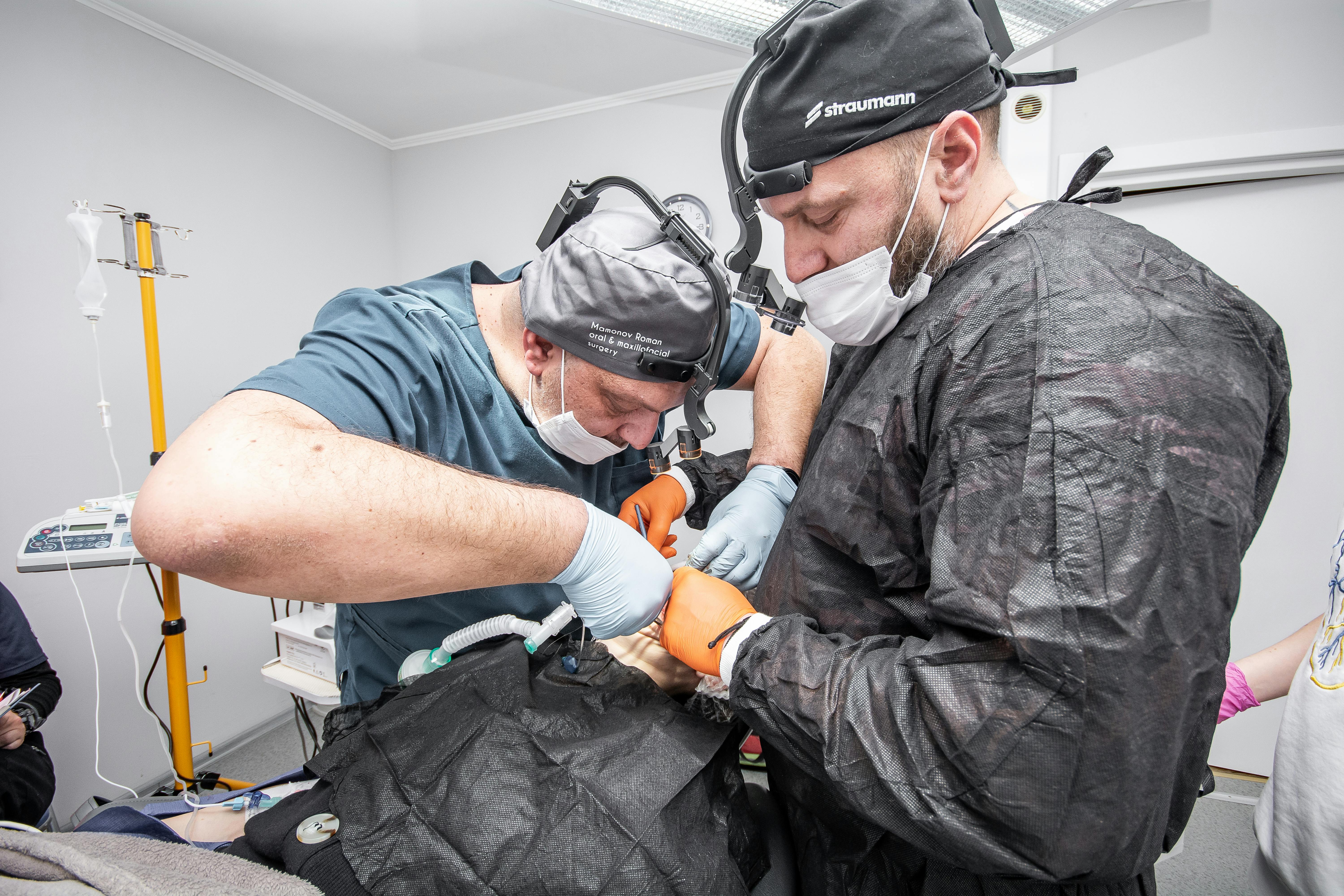If you’re one of the many individuals suffering from restless leg syndrome (RLS), you’re probably wondering if there are any supplements that can provide relief from its frustrating symptoms. Fortunately, there are potential options that can be explored. In this article, we will discuss some supplements that have shown promise in managing RLS symptoms, providing you with valuable information to consider as part of your journey towards finding relief and improving your quality of life.

Introduction to Restless Leg Syndrome
Restless Leg Syndrome (RLS) is a neurological disorder characterized by an irresistible urge to move the legs, usually accompanied by uncomfortable sensations. This condition impacts millions of individuals worldwide, causing sleep disturbances and a significant decline in their quality of life.
Definition of Restless Leg Syndrome
Restless Leg Syndrome, also known as Willis-Ekbom Disease, is a condition that primarily affects the legs but can also involve other parts of the body. The hallmark symptom is a strong urge to move the legs, often accompanied by uncomfortable sensations such as tingling, itching, or a crawling sensation. Symptoms typically worsen during periods of inactivity or at nighttime, leading to difficulty falling asleep or staying asleep.
Prevalence and Causes of Restless Leg Syndrome
Restless Leg Syndrome is more common than one might think, affecting approximately 5-10% of adults in the United States. It can occur at any age, but it is more prevalent in middle-aged and older individuals. The exact cause of RLS is still unknown, but researchers believe it may be linked to genetic factors or imbalances in certain brain chemicals, such as dopamine.
Common Symptoms of Restless Leg Syndrome
The symptoms of Restless Leg Syndrome can range in severity from mild to debilitating. The most common symptoms include an overwhelming urge to move the legs, which is often described as a throbbing, pulling, or creeping sensation. These sensations typically worsen during periods of rest or inactivity and are temporarily relieved by movement. Individuals with RLS may also experience involuntary leg movements during sleep, known as periodic limb movements of sleep (PLMS).
Understanding the Role of Supplements
Supplements can play a supportive role in managing the symptoms of Restless Leg Syndrome. While they are not a cure for RLS, certain supplements have been found to alleviate symptoms and improve overall well-being. It is important to remember that supplements should not replace conventional treatments prescribed by healthcare professionals, but they can be used as complementary tools to enhance symptom management.
How Supplements Can Help with Restless Leg Syndrome
Supplements can help with Restless Leg Syndrome by addressing potential nutrient deficiencies and supporting the body’s natural processes. For instance, certain nutrients like iron, vitamin D, magnesium, folate, and vitamin E have been found to play essential roles in neurological function and muscle health, which are closely linked to RLS symptoms.

Potential Benefits of Using Supplements
Using supplements for Restless Leg Syndrome may provide several potential benefits. Firstly, correcting nutrient deficiencies can help optimize cellular function and support the overall well-being of the body. Secondly, certain supplements, such as iron and magnesium, have been reported to reduce the intensity and frequency of RLS symptoms. Lastly, supplements can serve as a convenient and accessible way to complement traditional treatments and improve symptom management.
Considerations Before Using Supplements for RLS
Before incorporating supplements into your RLS management plan, it is essential to consider a few factors. Firstly, consult with your healthcare provider to ensure that supplements will not interfere with any existing medications or treatments. Secondly, understand that supplements are not regulated in the same way as prescription medications, so it is crucial to choose reputable brands that adhere to strict quality control standards. Lastly, keep in mind that individual responses to supplements can vary, so it may take some trial and error to find the right combination and dosage that works best for you.
Key Supplements for Restless Leg Syndrome
Several key supplements have shown promise in managing Restless Leg Syndrome symptoms. These supplements address specific nutritional deficiencies that have been associated with RLS and can provide potential relief for individuals experiencing these uncomfortable sensations.

Iron Supplements
Iron deficiency is closely linked to Restless Leg Syndrome, as low iron levels impair dopamine function, which is crucial for proper muscle control. Iron supplements can help replenish iron stores in the body, potentially reducing RLS symptoms.
Vitamin D Supplements
Vitamin D deficiency has been correlated with increased severity of Restless Leg Syndrome symptoms. Supplementing with vitamin D can support nervous system health and muscle function.
Magnesium Supplements
Magnesium is an essential mineral that plays a vital role in muscle and neurotransmitter function. Low levels of magnesium have been associated with more severe RLS symptoms, making magnesium supplements potentially beneficial.
Folate (Vitamin B9) Supplements
Folate, also known as vitamin B9, is involved in the synthesis of neurotransmitters that regulate mood and movement. Supplementing with folate may support optimal nervous system function and help alleviate RLS symptoms.
Vitamin E Supplements
Vitamin E is an antioxidant that supports muscle health and acts as a natural anti-inflammatory agent. Incorporating vitamin E supplements may potentially reduce inflammation and oxidative stress associated with Restless Leg Syndrome.
Exploring Iron Supplements
Iron deficiency is a common culprit in Restless Leg Syndrome, and addressing this deficiency through iron supplements could yield positive results in symptom management.
The Importance of Iron for RLS
Iron is essential for the production of dopamine, a neurotransmitter that plays a crucial role in regulating muscle movement. Insufficient iron levels can disrupt dopamine synthesis, leading to impaired muscle control and increased RLS symptoms.
Recommended Dosage of Iron Supplements
The recommended dosage of iron supplements can vary depending on individual iron levels and healthcare provider recommendations. It is crucial to work closely with your healthcare provider to determine the appropriate dosage and duration of iron supplementation.
Different Types of Iron Supplements
Iron supplements come in various forms, including ferrous sulfate, ferrous fumarate, and ferrous gluconate. Each type has different elemental iron concentrations and absorption rates, so it is important to discuss with your healthcare provider to determine which option best suits your needs.
Potential Side Effects and Precautions
Iron supplements can cause side effects such as constipation, nausea, and stomach upset. To minimize these side effects, it is recommended to start with a low dosage and gradually increase it under the guidance of your healthcare provider. In some cases, iron supplementation may not be suitable, such as individuals with certain medical conditions or a history of iron overload disorders, so it is essential to consult your healthcare provider before starting any iron regimen.
